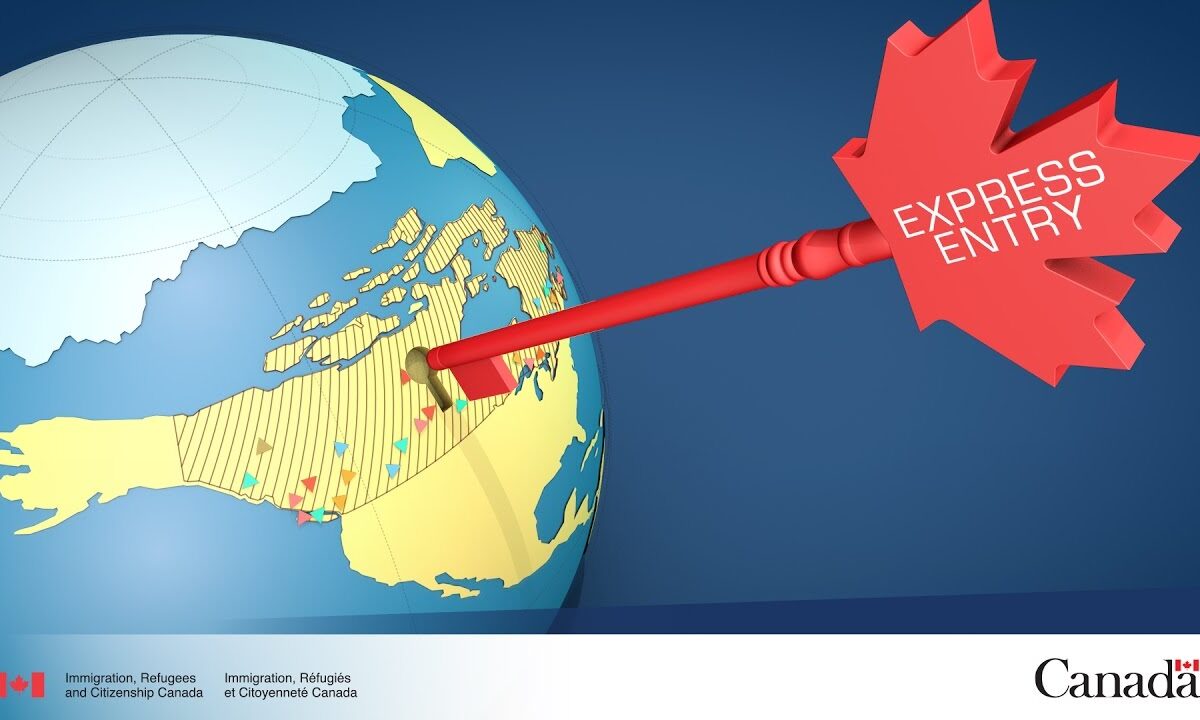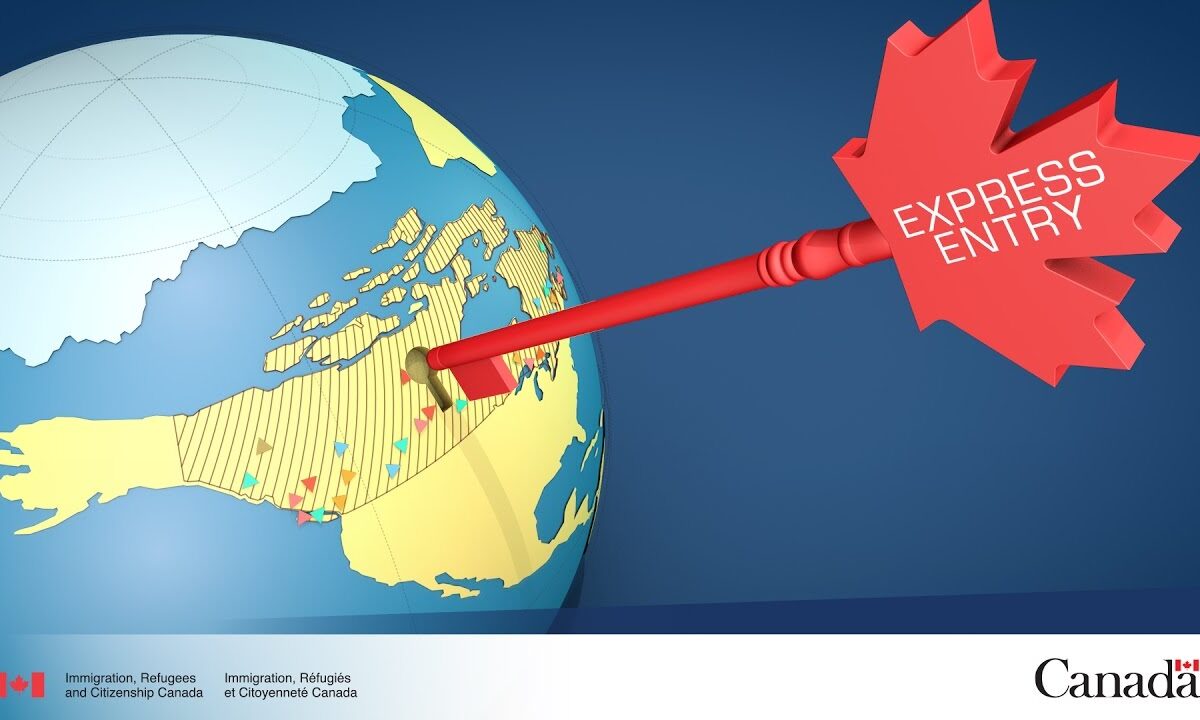Immigration, Refugees and Citizenship Canada (IRCC) has put special measures to assist candidates affected by the outbreak of coronavirus.
Canada will accept applications for permanent residency and will continue to welcome candidates to submit their Express Entry profiles. Express Entry draws will be held and invitations to apply for permanent residence will be sent. IRCC will not refuse PR applications if the applicant cannot provide documents due to disruptions related to COVID-19.
In order to prevent the spread of COVID-19, Canadian Government had placed travel restrictions till June 30, 2020 however, there are exemptions and the following people may travel to Canada:
- Canadian Citizen
- Canadian Permanent Resident
- Temporary Foreign Workers
- International student who has a valid study permit or were approved for a study permit on or before March 18, 2020
- Immediate family members of a Canadian citizen or Canadian permanent resident (spouses, common-law partners, dependent children, grandchildren, parent or step-parent, and guardian)
- Permanent Resident whose application was approved on or before March 18, 2020, but haven’t travelled to Canada yet
- Transiting passengers
- Members of the Canadian forces, visiting forces, Department of National Defence and their immediate family members
- Accredited diplomats and immediate family members (include North Atlantic Treaty Organization [NATO], those under the United Nations Headquarters Agreement, other organizations)
- Air and marine crew members
- French citizens who live in Saint-Pierre and Miquelon and have been in only Canada, the US or Saint-Pierre and Miquelon during the 14 days before the day they seek to enter Canada
- Any person who does not pose a significant harm to public health, in the opinion of the Chief Public Health Officer of Canada, and who will provide an essential service while in Canada
- Any person whose presence in Canada is in the national interest, in the opinion of the Minister of Immigration, Refugees and Citizenship; Public Safety and Emergency Preparedness; or Foreign Affairs
- Any person who is coming at the invitation of the Minister of Health for the purpose of COVID-19 assistance
- Any person whose purpose is to make medical deliveries
But you can board your flight to Canada!
- only after your health is checked by airline officials to confirm that you don’t have symptoms of COVID‑19
- present proof to show that you’re an immediate family member of a Canadian citizen or Canadian permanent resident (Marriage Certificate, Birth Certificate, PR card or Canadian passport and any other document proving relationship)
- Holders of confirmation of permanent residence (COPR) should present Permanent resident visa and COPR to airline
- tell the airline that you’re exempt from the travel restrictions
- show that you’re travelling to Canada for an essential reason
When you arrive in Canada by air or land, your health will be assessed before you leave the port of entry.
You must isolate for 14 days, even if you have no symptoms. This is mandatory.
Permanent Resident Applicants
If your permanent resident application has already been approved but you can’t travel to Canada before your documents expire due to quarantine measures in place, use the IRCC Web Form to let IRCC know why you can’t travel. Once it’s possible for you to travel, use the Web Form again to let IRCC know and they can provide you with information what to do next.
All in-person permanent resident landing appointments have been cancelled until further notice. All landing appointments will be done by telephone whenever possible.
All citizenship events have been cancelled until further notice to keep everyone safe. This includes:
- citizenship ceremonies
- citizenship tests and retests
- hearings (including videoconference hearings)
- interviews
- citizenship events in our temporary offices (itinerant service trips)
However, IRCC is still accepting new citizenship applications.
Biometrics at Service Canada locations
Service Canada has temporarily stopped collecting biometrics until further notice. Biometrics deadline has been extended to 90 days.
Canada and the U.S. have closed their borders on mutual consent to non-essential travel w.e.f March 18, 2020 which include recreation, tourism and immigration purpose (renewing a work, study, or visitor permit, or to activate permanent resident status).





